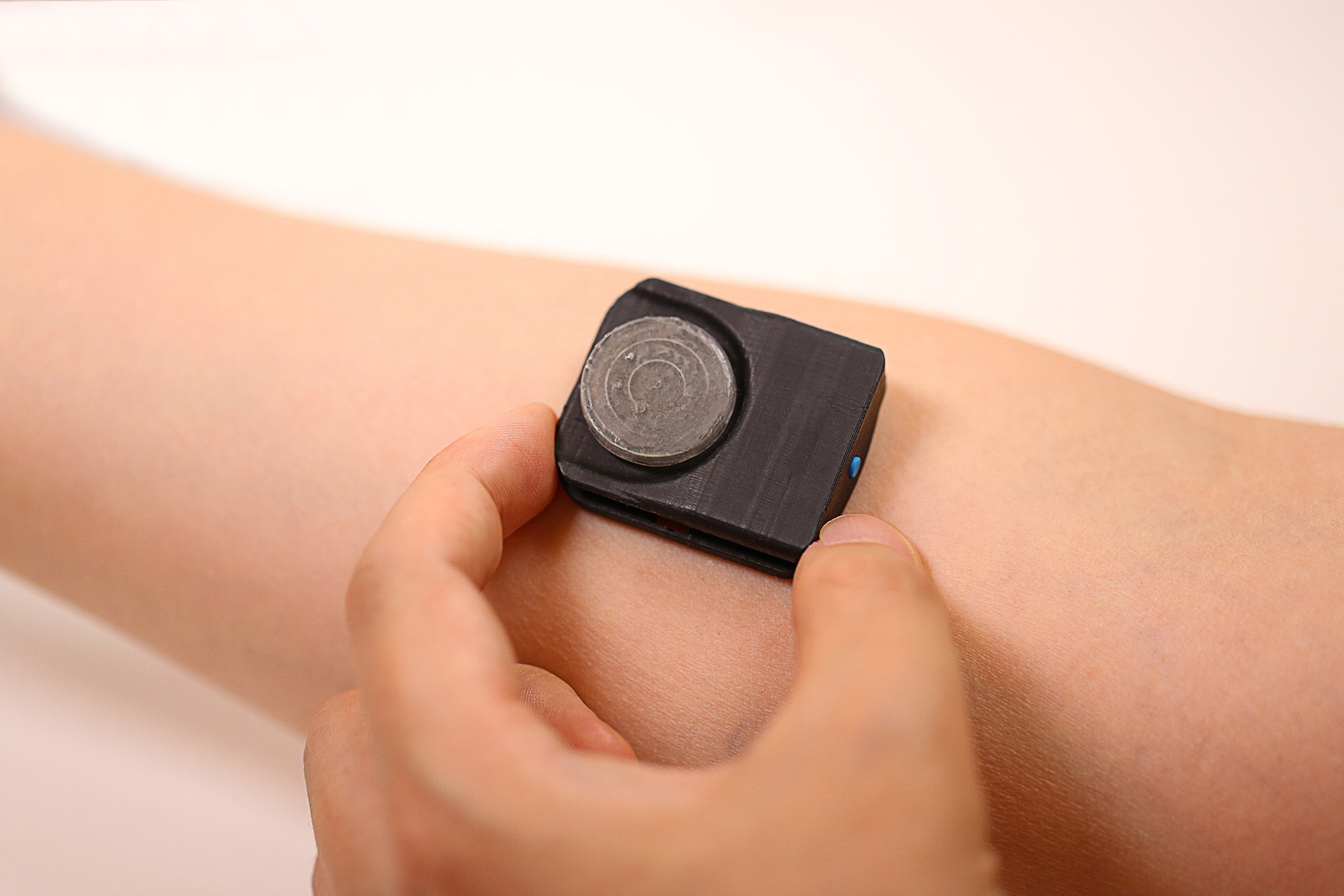Search results for: “dermatology”
-

Northwestern Launches Pioneering Medical Research Institute With $10 Million Gift From Trustee Kimberly Querrey, Bringing Her Total University Giving to $391 Million
Northwestern University Trustee Kimberly K. Querrey has made a $10 million gift to create and enhance the Querrey Simpson Institute for Regenerative Engineering at Northwestern University.
-

New Wearable Device is the First to Gauge Health by Sensing Gases Through Skin
Northwestern University scientists have developed the first wearable device for measuring gases emitted from and absorbed by the skin, according to a new study published in Nature.
-

World’s Smallest Pacemaker is Activated by Light
Northwestern engineers have developed a pacemaker so small that it can fit inside the tip of a syringe and be non-invasively injected into the body.
-

Celebrating Feinberg’s 2025 Match Day
Feinberg medical students’ excitement and anticipation erupted in a flurry of torn envelopes on March 21 as they discovered where they matched for residency training at this year’s Match Day celebration.
-

Investigating the ‘Glue’ that Holds Cells Together
Northwestern Medicine investigators have uncovered new insights into how intercellular “glue” functions to enable interactions between cells, as detailed in a study published in Nature Communications.
-

Microbial Therapy Offers New Hope for Vitiligo Patients
A natural compound derived from gut-friendly bacteria can significantly slow the progression of vitiligo and may restore pigmentation, according to a new study.
-

Top 3 Episodes of the Breakthroughs Podcast in 2024
The Breakthroughs podcast released 17 episodes in 2024, on topics ranging from biological age research to new insights in inflammation and microbiome science, as well as health equity research and community engagement efforts.
-

Improving Atopic Dermatitis Treatment for Adolescents
Long-term treatment with the drug upadacitinib significantly improved symptoms and quality of life compared to placebo in adolescents with moderate to severe atopic dermatitis after 76 weeks with strong evidence of safety, according to a recent Northwestern Medicine analysis of three international, randomized clinical trials.
-

Accelerating Discoveries in Immunobiology Through Collaboration
Just two years out from its launch, the Center for Human Immunobiology has quickly become a bustling hub for collaborative efforts to understand the molecular mechanisms of the immune system and translate discoveries into innovative cures for immune-regulated diseases.
-

Uncovering Regulatory Mechanisms of T-cells in Chronic Inflammation
Northwestern Medicine scientists have discovered a new underlying mechanism that controls a specialized group of T-cells, findings that may serve as potential targets for treating inflammatory diseases and cancer, according to a recent study.






